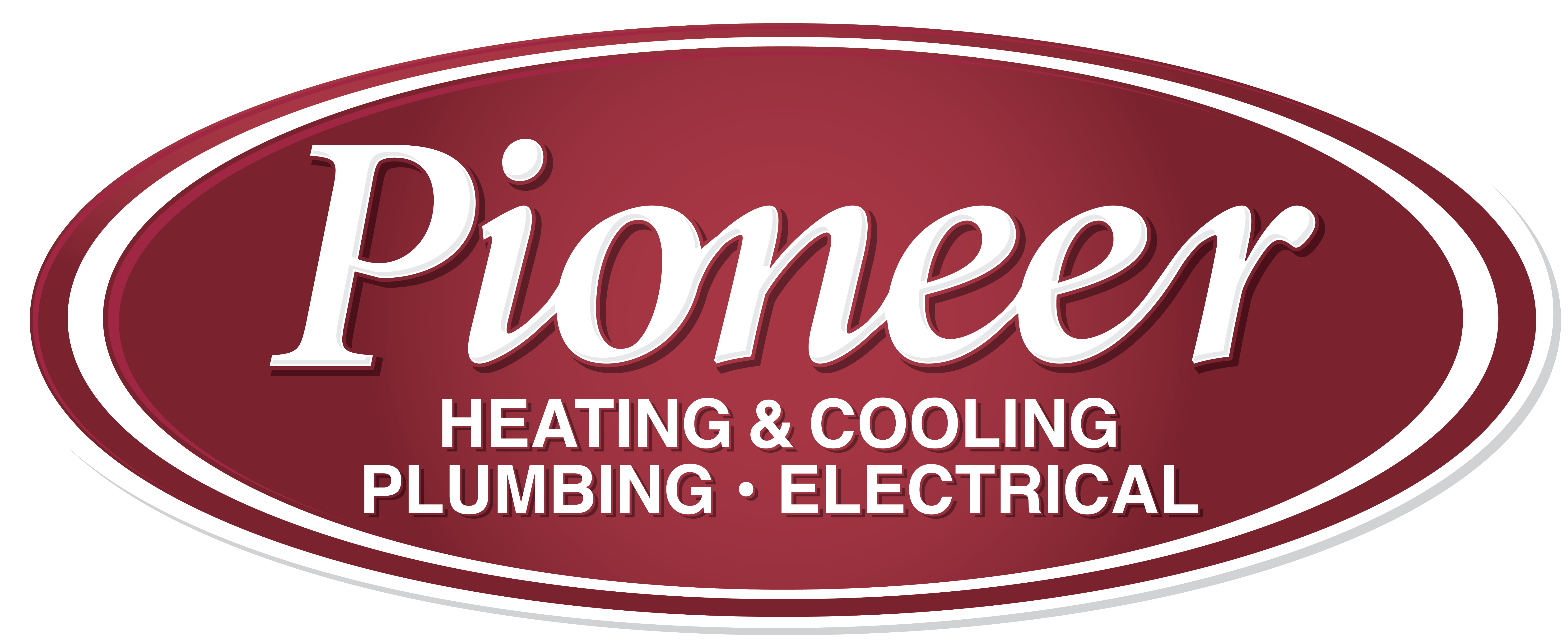In the chilly winter months, you’ll likely choose to crank up the heat higher than usual. While this is common and encouraged to ensure that your pipes don’t freeze, hiking up the heat is one of the largest risks for house fires.
Some of the best ways to prevent fires are to conserve your energy as much as possible. Here are some ways how:
Use plastic to line any drafty windows. Not only do drafts cause 25% of all heat loss, they are also expensive to keep. It is useless to heat your home if your heat is escaping constantly anyway. Heating and cooling make up 48% of all home energy costs, so be sure to conserve energy as much as possible. Be careful when putting up the plastic, though. In the case of a house fire, your windows may be your best bet for an escape route. Make sure that you’re still able to open your windows after lining them with plastic.
Did you know that portable space heaters cause around 70 deaths every year because of accidental fires? Never leave a portable space heater of any type unattended or running for longer than the recommended timeframe. Most space heaters have timers on them, but you should still turn your off every time you leave the room for an extended period of time, just in case.
Never put anything less than 36 inches away from your heating source. Whether you use electric, or gas, putting combustible materials or fabrics like clothing, couches, or curtains close to the heat source, you could melt or burn these objects, and possibly start a fire.
Never ignite your propane or kerosene pump inside or anywhere close to 400 degrees. It’s very easy for objects to ignite from such high temperatures, and lighting the gas inside where there are a number of flammable objects is extremely dangerous.
While space heaters can be useful in a pinch, it’s more economical and safe to operate a home heating system. HVAC systems are your best bet for safe heating and air conditioning when the time comes.
Instead of putting yourself at risk this winter, have a home heating system installed by Pioneer HVAC to keep you safe and warm, too.
*Always check with a “Licensed Contractor” to make sure all Home Repairs are done properly and safely
